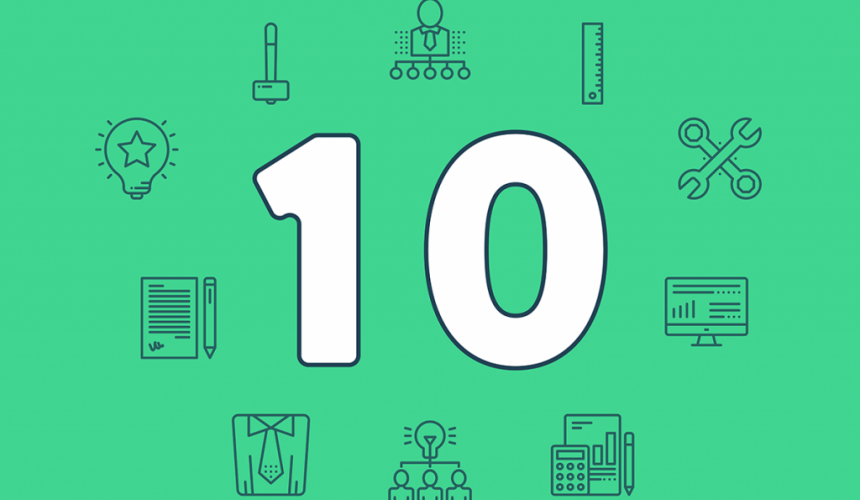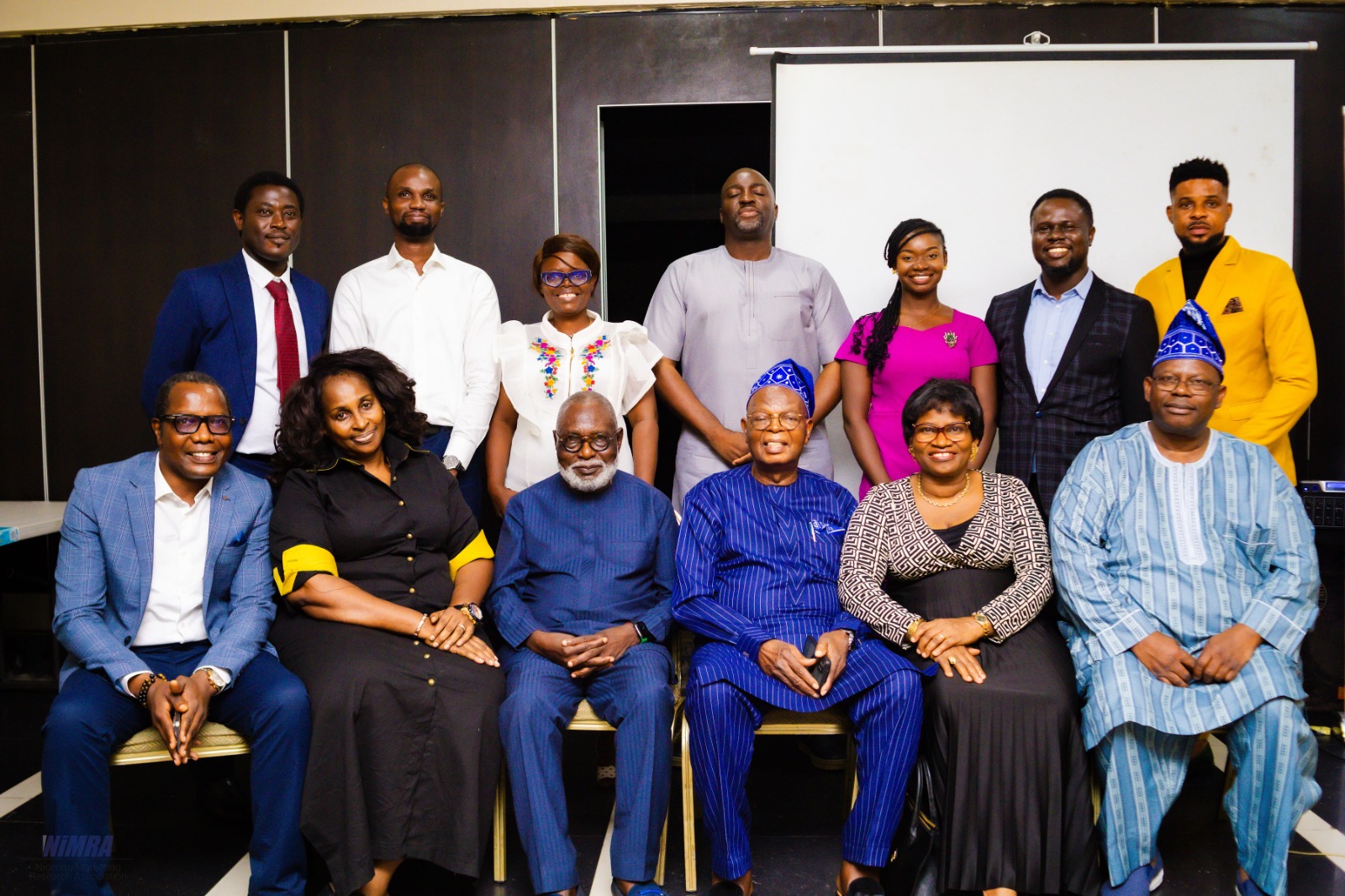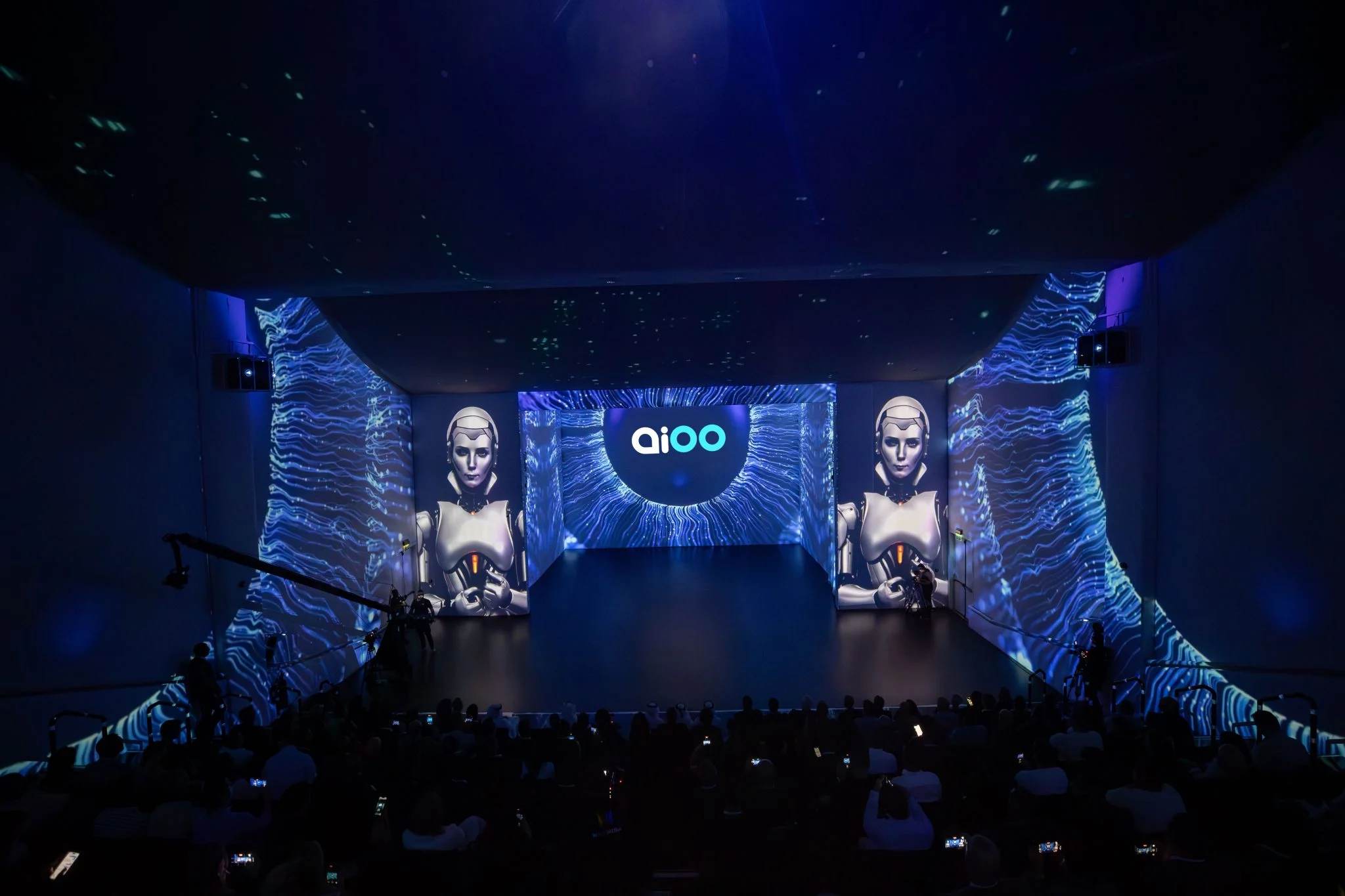Forget the manufactured debate of ‘social selling’ versus old-fashioned meetings and calls. Traditional skills still matter – and modern techniques are the way to get full value from them — Liam Halpin
B2B sales will always be a contact sport. It’s a contact sport that revolves around traditional skills of empathy and persuasion – and the commitment to make time for calls and meetings that enable you to leverage those skills. These characteristics marked out the top sales people from decades ago, and they still characterise top sales people today. However, like all contact sports, you can no longer win just by focusing on the fundamentals. The game evolves – and you can only get full value from your skills by evolving with it.
I believe that it’s time we stopped talking about sales as a straight choice between the old ways of doing things and the new, as if you could somehow choose between two different versions of the game. At LinkedIn, we’ve stopped using the term ‘social selling’ because it implies a clean break from the past that just doesn’t apply. The rules of sales have not been wholly rewritten by one new form of technology. What went before still matters. Any discussion about modern selling has to start with recognising as much.
Dalglish versus De Bruyne? It’s the wrong question…
As a casual observer of The Beautiful Game, I love launching into those familiar debates about whether the football teams of previous decades could still cut it in the top flight today. How would the all-conquering Liverpool of the 1970s and 80s match up to Guardiola’s Manchester City? Whose skills are greater? Who understands the game better? It’s fun to try to imagine these hypothetical head-to-heads but ask any former footballer and they will tell you there’s only one winner. The modern team will always overcome the historical one.
It’s not a question of greater skill, commitment, toughness or better football brains. It’s an unavoidable result of the fact that the sport has evolved – and the players of today benefit from a cumulative sequence of competitive advantages that have built upon one another over time. Sports psychology, nutrition science and sensor-based performance analyses enable teams to get far more from the raw talent of their players – and the training sessions that those players commit to. They may be playing the same core game with the same core skills, but it’s simply unfair to expect players of the past to get the same results as those with access to the techniques available today. A far more interesting question is how much better those great teams of the past could be if they’d had access to the insights, data and science now available.
One technology doesn’t change the game – but cumulative change does
That’s also the question that we should be asking of sales. Instead, we often get a phony, polarised debate that focuses on just one change in the way that selling works. It’s the equivalent of arguing that the only difference between footballers of today and those of 20 years ago is the boots they wear – and that these have made traditional footballing skills completely irrelevant.
Anybody who argues that social media has made phone calls and face-to-face meetings redundant doesn’t understand selling – and misses the point of what social media actually brings to the game. A top salesperson from 20 years ago could still be a top salesperson today. Their skill in engaging and persuading people, and their commitment to making time for customers, would be invaluable. However, they need to be set up for success with all of the same techniques and competitive advantages available to the other sales reps out there. That includes making use of social media – but it also includes far more.
At LinkedIn Sales Solutions, we help thousands of sales organisations and over half.
SOURCE: LinkedIn







Comment
No comments found.